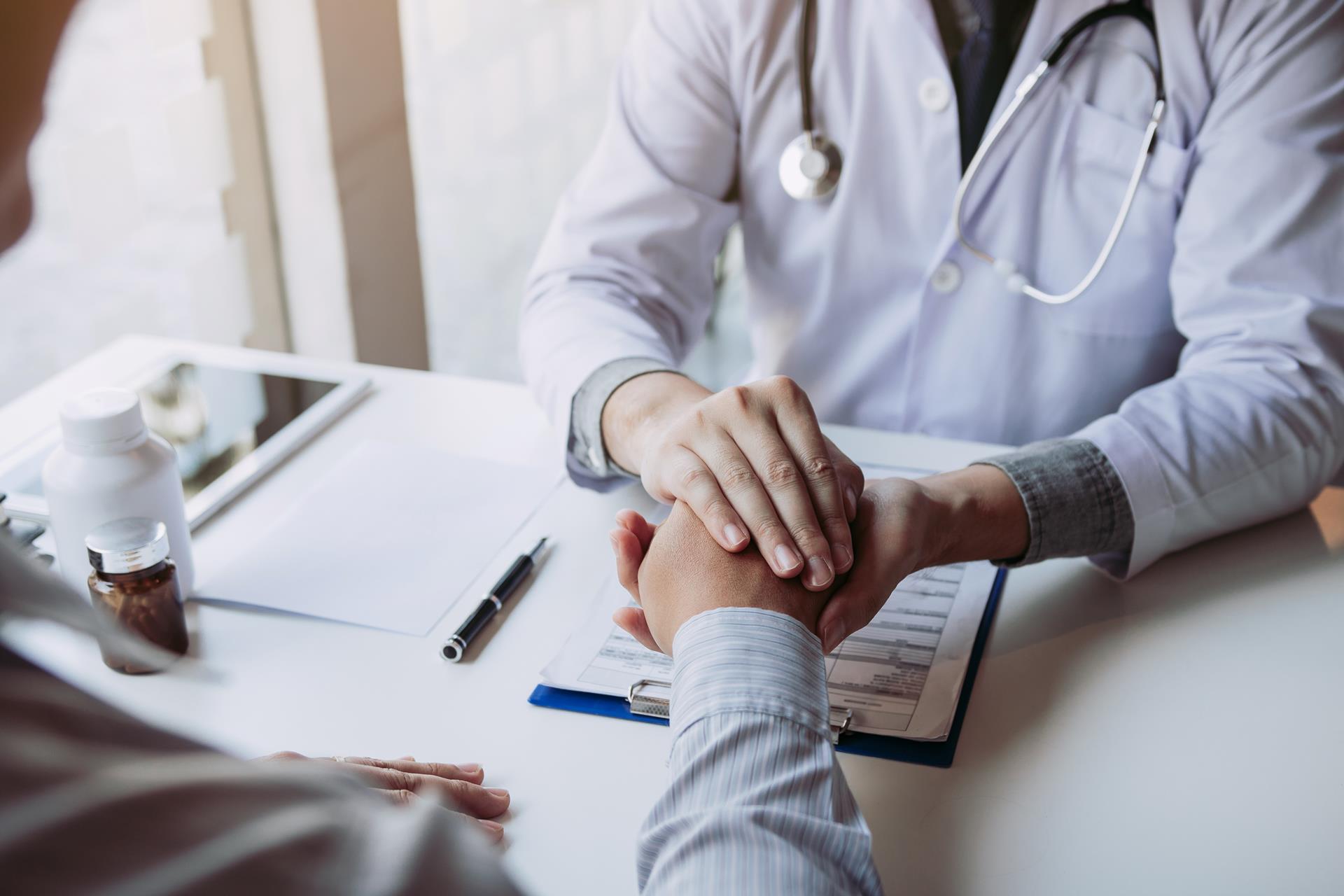
Ketamine “Burst Therapy”
Ketamine IV infusion works primarily on nerve pain, which is highly prevalent in advanced stage cancer.
The burst therapy has been used in most of the published reseach studies for cancer pain management. It is a series of 3~5 days low dose IV ketamine infusions. Each day lasts about 5 hours. Most of the responsive patients get 4~6 weeks of pain relief. You may continue receiving therapy based on need.
